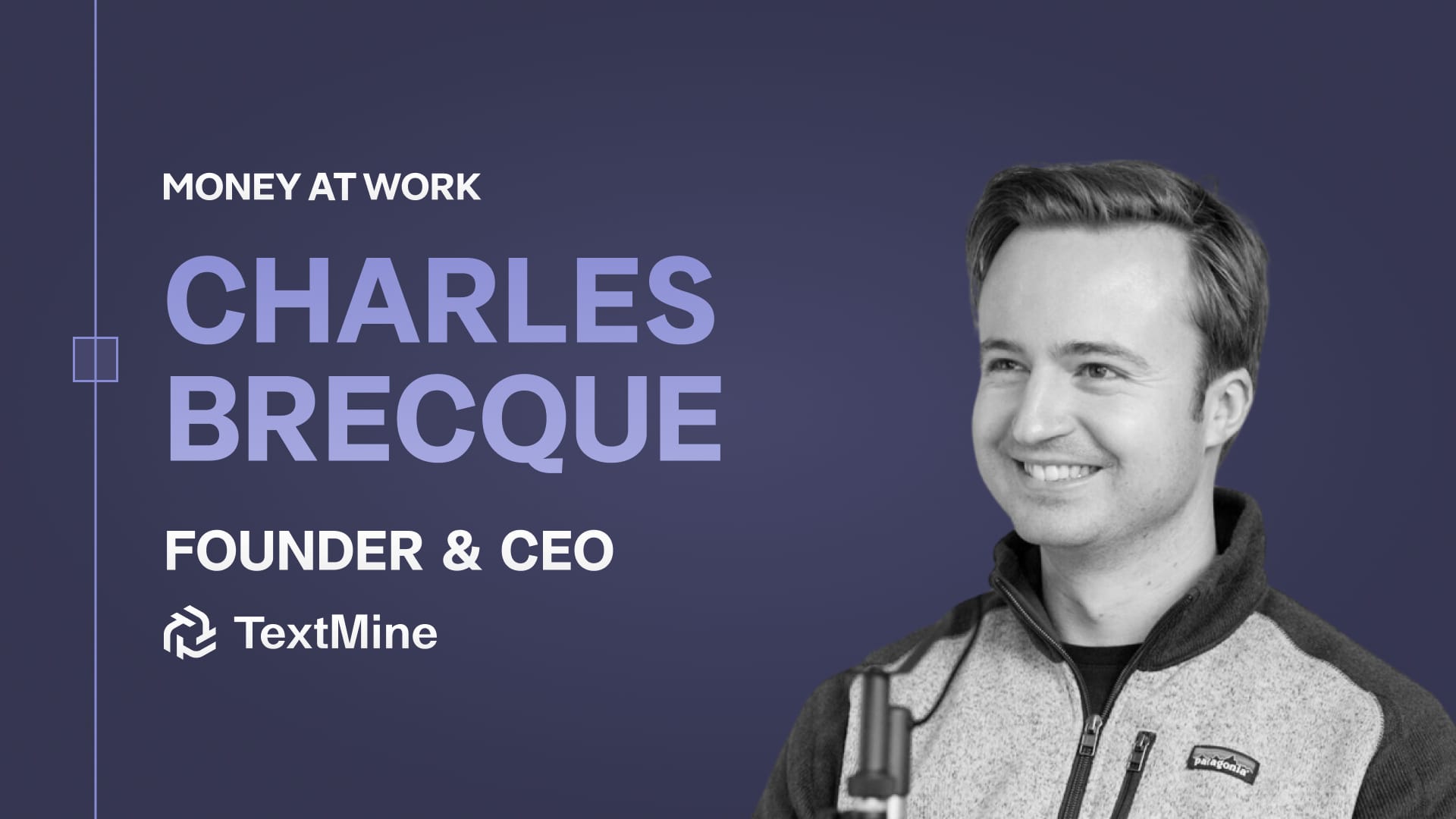Javier Iglesias is currently the SVP of Strategy & Finance at Payflow. Payflow offers salary advance as an employee benefit to over 500 customers across Europe and Latin America. Joining as their first finance employee Javier had to set up the function from scratch while expanding internationally and growing from 50 to 500 customers.
Tell us a little bit about you and your role at Payflow
By trade, I am an industrial engineer. My background is in investment banking at BBVA, and management consulting at BCG. I have also worked at other startups but as of the last 2 years, I have been with Payflow as a SVP of Strategy and Finance.
Payflow offers salary advancements to companies as an employee benefit and I am responsible for finance and operations teams for all the markers we operate in - Spain, Portugal, Columbia and Peru in Latin America.
Please tell us how your team is organised and structured
We run our finance and operations teams from our headquarters in Spain, but we also have employees dedicated to each of the regions we operate in. We divide our finance department in two different sections:
- traditional finance department that covers our accounting, payroll, accounts payable and receivable and business modelling
- repayments department that handles our loan collections
Our goal is to minimise headcount in the repayments department by optimising processes and focus our team's time on the traditional finance part of the business that adds more strategic value to Payflow.
How has your finance team changed with Payflow's growth?
When I joined the company two years ago we had only 10 people and now we are just over 70 across all markets so, yes, we have grown a lot. I was the first member of the finance team so I grew the team over time. But, as you can imagine, at first we relied on spreadsheets and manual processes. And as the business was growing we had to keep up - as our sales increased so did our headcount in the finance team otherwise we could not scale.
What role does the finance team play in helping the business grow and expand?
When I joined we had 50-60 clients, now we have over 500 in Spain alone, so it was a very interesting and useful learning experience as we grew and scaled across Spain so we could replicate that in other markets.
For example, in Columbia and Peru we have grown from 0 to 200 clients and are able to scale as quickly as the sales team grows. That is because we have learned from our experiences in Spain - where we had to set up everything from scratch - the process and the tooling. And now that we have that process for Spain, we can easily apply that to new regions we expand into.
It was a challenge at the beginning because finance and operations teams were blocked because most of our work was manual and it was very time consuming to manage all the clients we had. It was a good problem to have, but we needed to find a scalable solution to support our growth. And now with more automation and processes we can go hand in hand with our business growth.
What we learned is that it’s important to ensure that you do the full end to end process audit across the team. You have to ensure you truly understand each role, the work they do, the challenge they have before you can make any improvements. If you don’t understand the complete process, you can’t understand the pain points that exist and can’t support scale when managing hundreds or thousands of customers.
Any tips for finance teams just starting their scaling journey?
In the beginning the finance team won't have access to intelligent tools, so you have to learn to be scrappy with what you have. At the beginning most of the budget you will allocate to the commercial team that is driving sales, so you try to survive on spreadsheets. And once you have managed to get the traction, the finance and operations team should be ready to start scaling and evolving past spreadsheets.
How has Payable helped you in your day-to-day?
In our business model we not only have to fulfil the traditional finance tasks that every business has but also the repayment process that used to be very painful and used to take a lot of time from me and the team in general.
The more we got to automate that process the more we freed up our headcount to support more strategic projects. At the end of the day, when you get lost in the daily routine and manual processes, you don’t have time left to work on process improvements and staying on top of the market and industry trends and bigger picture, the team, processes and so on. For instance, if you don’t follow the recent events of Silicon Valley Bank collapse, you can’t respond and think how that will affect your business if you spend all your time lost in manual work.

Under the hood: How to build your finance data strategy | Robbie Osborne, Head of Finance at Humaans
27 Mar 2024
In this episode of the Money at Work podcast, we are joined by Robbie Osborne who is the Head of Finance at Humaans. Coming from a consulting background Robbie joined Humaans to build the function from scratch and develop reporting and data infrastructure that runs the organisation.

How bad financial and legal hygiene can make or break your startup | Charles Brecque, TextMine
14 Feb 2024
In this episode, we had the pleasure of speaking with Charles, the founder, and CEO of TextMine (formerly known as Legislate), about the journey of his company and the critical aspects of legal and financial management in startups.